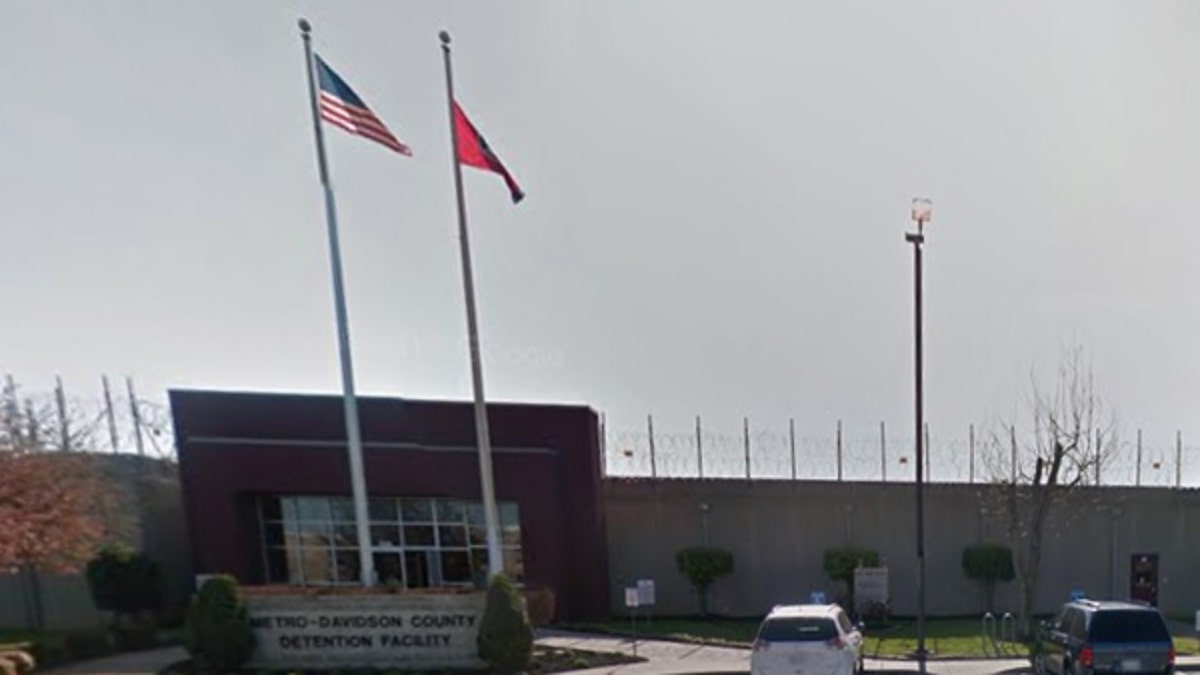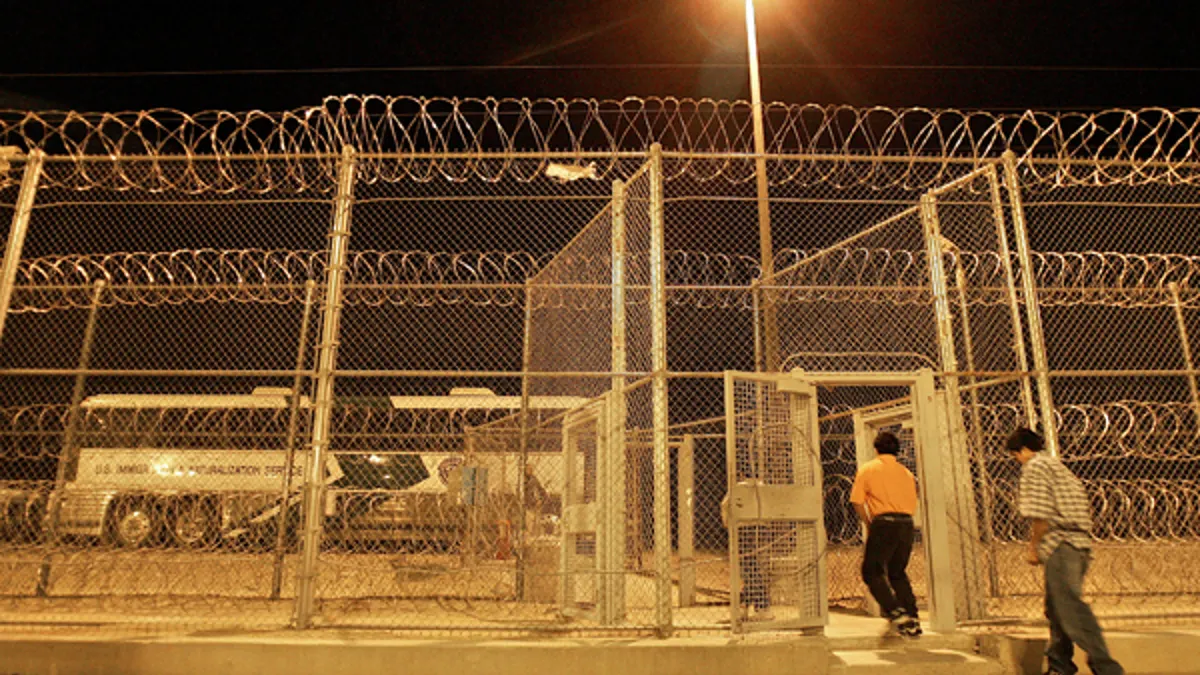Trump's support for private prisons could hit pitfalls
Strategy Room: Basil Smikle Jr. and Liz Peek on the consequences of the White House's decision
Legal troubles for the nation’s largest prison company are becoming an itch that just doesn't seem to go away.
A total of three lawsuits have now been brought against CoreCivic, a Nashville-based private prison operations company, alleging that its corrections officers and other administrative officials at the Metro-Davidson County Detention Facility in Tennessee threatened inmates with solitary confinement if they disclosed a massive scabies outbreak to family members or anyone outside the facility.
The latest allegations of mismanagement by CoreCivic staff at Metro-Davidson came in a lawsuit filed on Friday.
"[CoreCivic officers] began threatening plaintiff and other inmates that if they mentioned the word ‘scabies,’ complained about it, or filed a grievance, they would be placed in solitary confinement," the lawsuit states, according to The Tennessean.

Three recent lawsuits alleged that CoreCivic tried to cover-up a scabies outbreak at the Metro-Davidson County Detention Facility in Nashville. (Google Earth)
“Inmates attempted to inform their family members about the scabies infestation over the phone and asked their families to research scabies on their behalf. Because [CoreCivic] monitors all phone calls, those inmates immediately had their phone privileges revoked, in retaliation for attempting to bring light to the epidemic.”
The city’s health department was first notified in mid-May about the spread of a “scabies-like rash” among the female inmates at Metro-Davidson. The scabies then spread to courthouse staff who came into contact with female inmates.
Scabies is a skin condition caused by a tiny mite, which brings intense itching to the area where it burrows, according to the Mayo Clinic website. It is especially contagious and can spread quickly among groups within close confines, like in schools, nursing homes or prisons.
According to reports, as word of the outbreak spread, so did allegations that CoreCivic was denying treatment and that the corporation downplayed the seriousness of the matter. This led to local lawmakers starting to raise questions about the company’s handling of the incident.

CoreCivic was recently granted a three-year contract by The Mesa, Ariz., City Council to operate its jail, making it the first city in Arizona to privatize its jail for low-level offenders. (AP Photo/Matt York)
The Nashville Metro Council planned to question CoreCivic officials during a hearing on Thursday. Meanwhile, State Rep. John Ray Clemmons, D-Nashville, has requested a full-fledged investigation to determine if the company was in breach of its contract with the city.
"As you are well aware, this is only the latest incident in a consistent pattern of alleged failures and negligent conduct by (CoreCivic) with respect to the provision of appropriate safety and health care services at (CoreCivic) facilities nationwide, including the Metro Detention Facility," said Clemmons, a frequent private prison critic, in a letter to Nashville Mayor Megan Barry and members of the Metro Council, according to The Tennessean.
"While I understand that certain council members have or will be conducting hearings on related issues, the current situation presents you with an opportunity to take a more comprehensive look at the contract and Metro’s long-term relationship with (CoreCivic)."
Officials for CoreCivic refute allegations that they were trying to suppress news of the outbreak.
“As we've previously stated, while we do not comment on pending litigation, the health and safety of our staff, community and those entrusted to our care is our top priority,” CoreCivic spokesman Jonathan Burns said in a statement to Fox News. “The Davidson County Sheriff’s Office and the Metro Public Health Department were notified of the issue from the start and have been engaged every step of the way. We’re following all protocols and guidelines to mitigate the issue.”
Formally known as the Corrections Corporation of America (CAA), CoreCivic is the largest private corrections company in the United States with annual revenue estimated at $1.7 billion.
The company has also had its fair share of controversies.
In 2009, the ACLU filed suit against the company for failing to provide data related to conditions in the jails and prisons that they operated.
In 2012, Ohio auditors of the Lake Erie Correctional Institution deducted $500,000 from contract payments after they alleged multiple violations and inadequate staffing. The prison reportedly saw a spike in violence and contraband drugs after the corporation took over operation of the prison.


